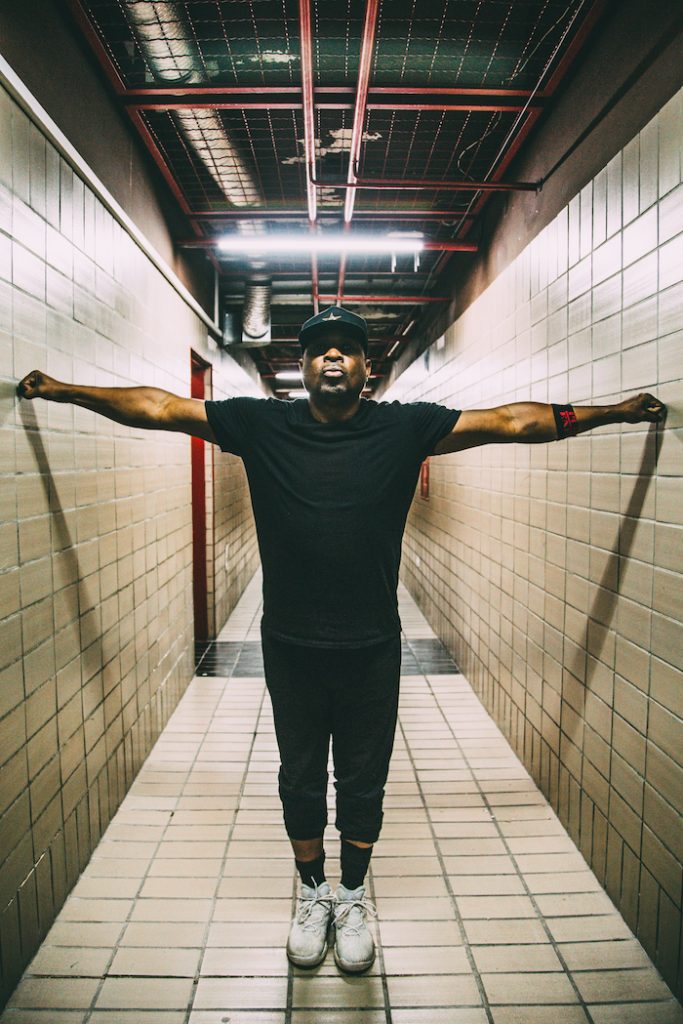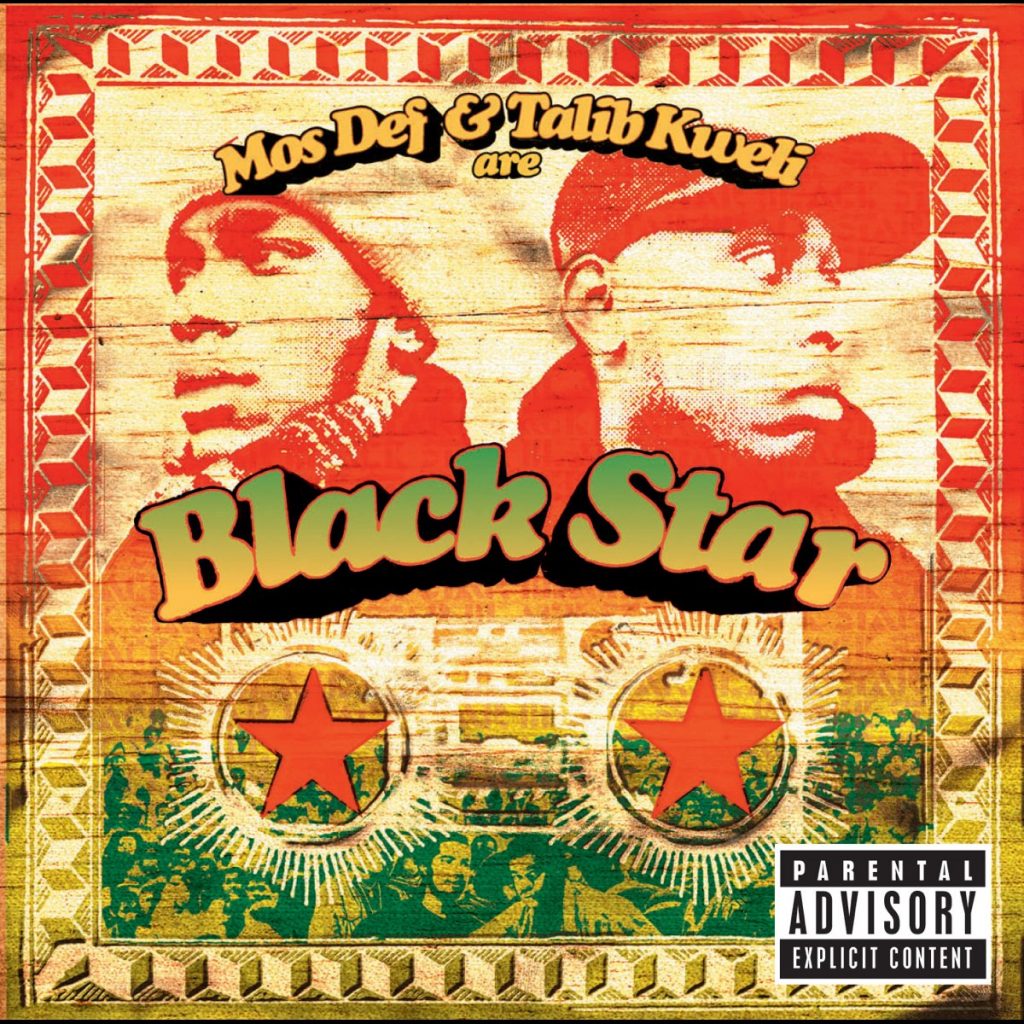Culture
Ohio University’s Dr. Jason Rawls spoke to WOUB about the power of hip hop in time for ‘Fight the Power’ debut
By: Emily Votaw
Posted on:
ATHENS, Ohio (WOUB) — Hip hop is not just a genre of music.
It’s a cultural force that has provided a venue for those who so often are robbed of a chance to speak, a place of record for history that often went unrecorded and for experiences which went unacknowledged.
Fight the Power: How Hip Hop Changed the World is a four-part documentary series chronicling this cultural sea change. The first episode debuts on WOUB-TV tomorrow at 9 p.m. ET. Chuck D of Public Enemy (the hip hop group famous for the seminal 1989 single the series takes its name from) is the Executive Producer and host of the series, which delves into the history of hip hop culture and its innate capacity for motivating much needed social and political change all around the world.

Now, Rawls is using both his real-life experience as an internationally acknowledged force in hip hop as well as his expertise in the academic discipline of pedagogy to change the lives of students who often feel unseen.
Rawls is an Associate Professor of Instruction at the Patton College of Education, where he is also the coordinator of Ohio University’s Hip Hop OHIO Patton Education program (HOPE). HOPE is a curriculum for pre-service teachers that focuses on teaching them how they can help their future students understand course content through the lens of their culture (culturally relevant pedagogy); how to foster positive, supportive, sustained relationships with students (relational pedagogy) and how they can use the aesthetics of hip hop culture (Hip Hop Based Education) in the classroom.
RAWLS’ MUSICAL CAREER
Rawls’ real-life experience in hip hop is extensive. He’s one of the independent producers who catalyzed the explosion of underground hip hop shortly before the new millennium.
In the late ‘90s Rawls worked with Black Star, a duo made up of Brooklyn-based emcees Yasiin Bey (Mos Def) and Talib Kweli, contributing to the duo’s explosively influential Mos Def & Talib Kweli are Black Star. The album, released in 1998, is both intellectually and stylistically rich – bringing together themes of social justice and references to Black cultural history and experience.
Rawls said hip hop was one of the only effective ways such important messages could reach a wide audience before social media.
“Especially for young African Americans [hip hop] let them have a voice to be able to say, ‘Hey, this is what’s going on in our neighborhoods.’ Things like police brutality come to mind. [Hip hop] is a way of communication. I think that’s the most important thing people have to understand.”
Rawls has stayed busy ever since, working with artists such as Domo Genesis (Odd Future), Capital Steez (Pro Era), Beastie Boys, Slum Village, Diamond D, and many others. He’s also released three solo albums and managed his own production and education company, Polar Entertainment LLC, since 2015.
The most recent contribution to Rawls’ extensive list of musical endeavors comes out this Friday, entitled Role Reversal. It comes as the latest Rawlsmatic release; Rawls’ ongoing collaboration with DJ Rhettmatic (of the pioneering group Beat Junkies)
“Especially for young African Americans [hip hop] let them have a voice to be able to say, ‘Hey, this is what’s going on in our neighborhoods.’ Things like police brutality come to mind. [Hip hop] is a way of communication. I think that’s the most important thing people have to understand.” – Dr. Jason Rawls
Somehow, he also managed to fit in more than 15 years of teaching K-12 – not to mention co-authoring with John Robinson the 2019 book Youth Culture Power: A #HipHopEd Guide to Teacher-Student Relationships and Student Engagement.
HIP HOP: NOT JUST AN AMERICAN THING
Rawls has toured all around the world and found hip hop everywhere he’s gone.
“I think that people everywhere gravitated towards hip hop because of the rebellious message, because of the sense of cultural awareness. And it gives you a sense of pride,” he said. “I’ve been in other countries where people can’t speak to me, but they know my lyrics.”
Regardless of whether an audience spoke fluent English or not, when Rawls would tell them to “put their hands up!” he’d get the same enthusiastic response he’d expect in the States.
“They understand what we’re saying because they feel the music, because they feel the culture and they understand the culture,” he said. “And that was when I was touring in the late ‘90s and early ‘00s – now many of those countries have their own famous rap artists. They kind of took from the culture, learned from it, and now they’ve created their own thing.”


